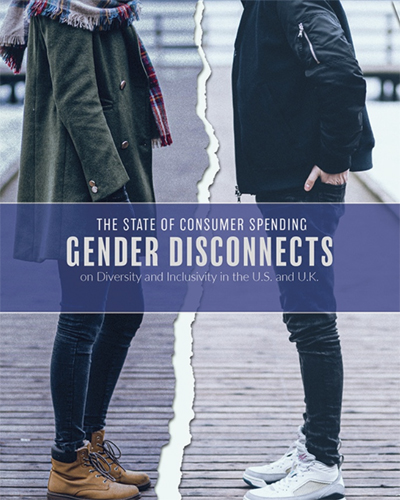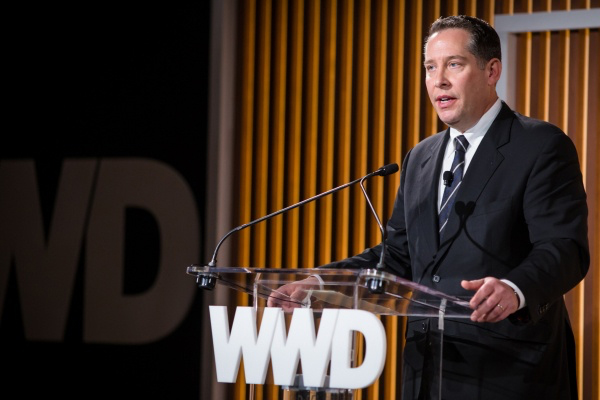Retail data firm, First Insight, has recently produced two white papers on diversity and inclusion (D&I) matters in retail.
One compares US and UK shopper views on D&I in retail, and the other demonstrates how retail executives are overestimating consumer interest in D&I, while underestimating the impact of offensive products/designs.
The Diversity Disconnect Between Senior Retail Executives and Consumers report found that 92% of senior executives believed that consumers would continue to buy from their company even if they created and offered a controversial/offensive product, provided they reacted swiftly (by pulling it from the shelves and issuing a public apology). In reality, however, only 27% of consumers would actually continue shopping at that retailer, with 19% saying they would boycott that retailer/brand ‘forever’, the survey reveals.
ACCOUNTABILITY MATTERS
With several high-profile cultural marketing gaffs recently made by luxury and fashion brands over the past months, the comparative report on US/UK shopper views on D&I also explores the impact of offensive products on shoppers in both regions. This report (entitled The State of Consumer Spending – Gender Disconnects) found that customers actually want companies to be accountable and own up to their mistakes.

In fact, women across both sides of the Atlantic expect greater accountability and action in how companies respond after the release of an offensive product/design. Approximately 55% of US and 58% of UK female shoppers said they would temporarily boycott a retailer/brand, following the release of an offensive product, compared to 42% of US and 47% of UK male shoppers.
Around 83% of women and 77% of men in the US felt that an immediate apology was important, compared to 86% of UK women and 74% of UK men. The majority of shoppers in the US (71% of women and 64% of men) and UK (76% of women and 63% of men) also felt that retailers/brands needed to establish a track record with no offensive items for six or more months before they would purchase from them again.

DIVIDED VIEWS
According to First Insight, over half of both male and female shoppers in the US (48% and 45% respectively) believe that women and minority in senior leadership positions in retail are ‘important’ and that it would ‘benefit retailers and brands to hire Chief Diversity Officers’. Just under half of US men and women ranked cultural inclusivity important, and 44% of both genders said that influencers with diverse points of view are also important.
However, female shoppers in the UK rank these D&I factors less important than US shoppers and even their UK male counterparts. Around 39% of women in the UK felt that having women and minorities in leadership positions was important compared to 43% of UK men, and only 36% of women said that cultural inclusivity is important, compared to 44% of men.
EXTENDED SIZING IMPORTANT
Female shoppers in both countries, however, agreed that ‘inclusivity through extended sizing’ is the most important D&I factor in retail, with 67% of US and 63% of UK shoppers ranking it as important (compared to 54% of US and 56% of UK male shoppers).
Commenting on the reports, Greg Petro, CEO of First Insight, stated: “Diversity and inclusivity are growing in importance in retail across the world, and broadening beyond simply offering extended sizes, to evolve with the cultures they serve, the decision makers they hire and the processes in place for taking their products to market. With countless retailers and brands continuing to make significant missteps by selling offensive designs, it will be incredibly important that brands listen to their customers, test products at the early stages of the development process, and bring in a more diverse base of talent at every level of the organisation to ensure products will resonate with their customers.”

As retailers and brands continue to work to align with new expectations of today’s consumer, whether it’s through extended sizing, cultural inclusion, hiring a Chief Diversity Officer, or responding to and learning from missteps, “retailers need to continue to be sensitive to the needs of the consumer”, he added.
Click here for more information on both reports.








































